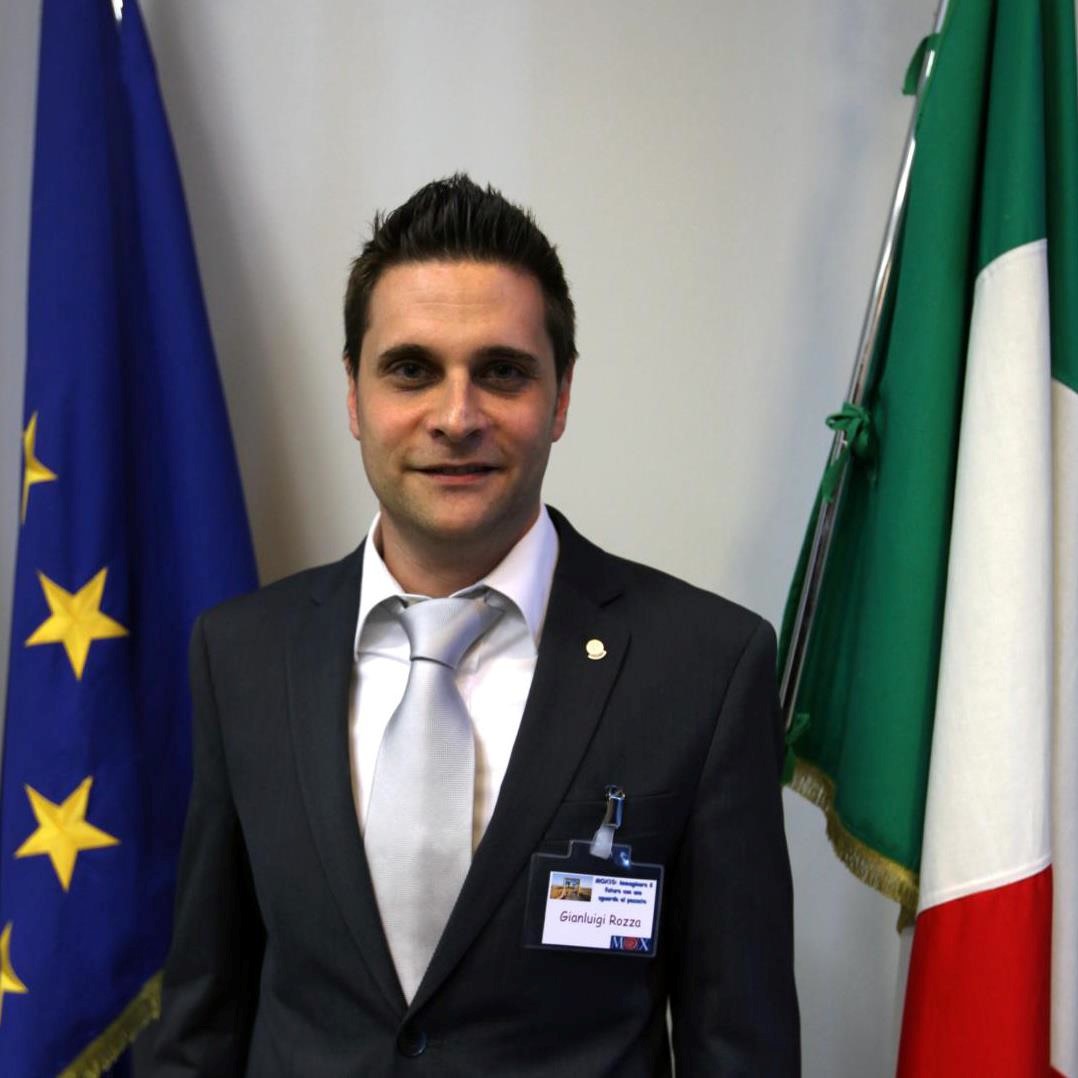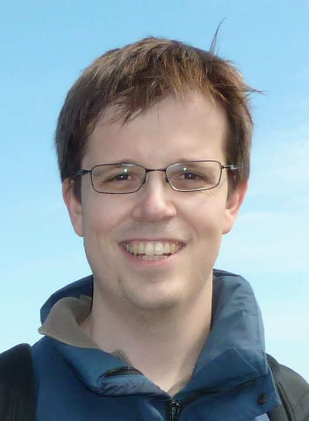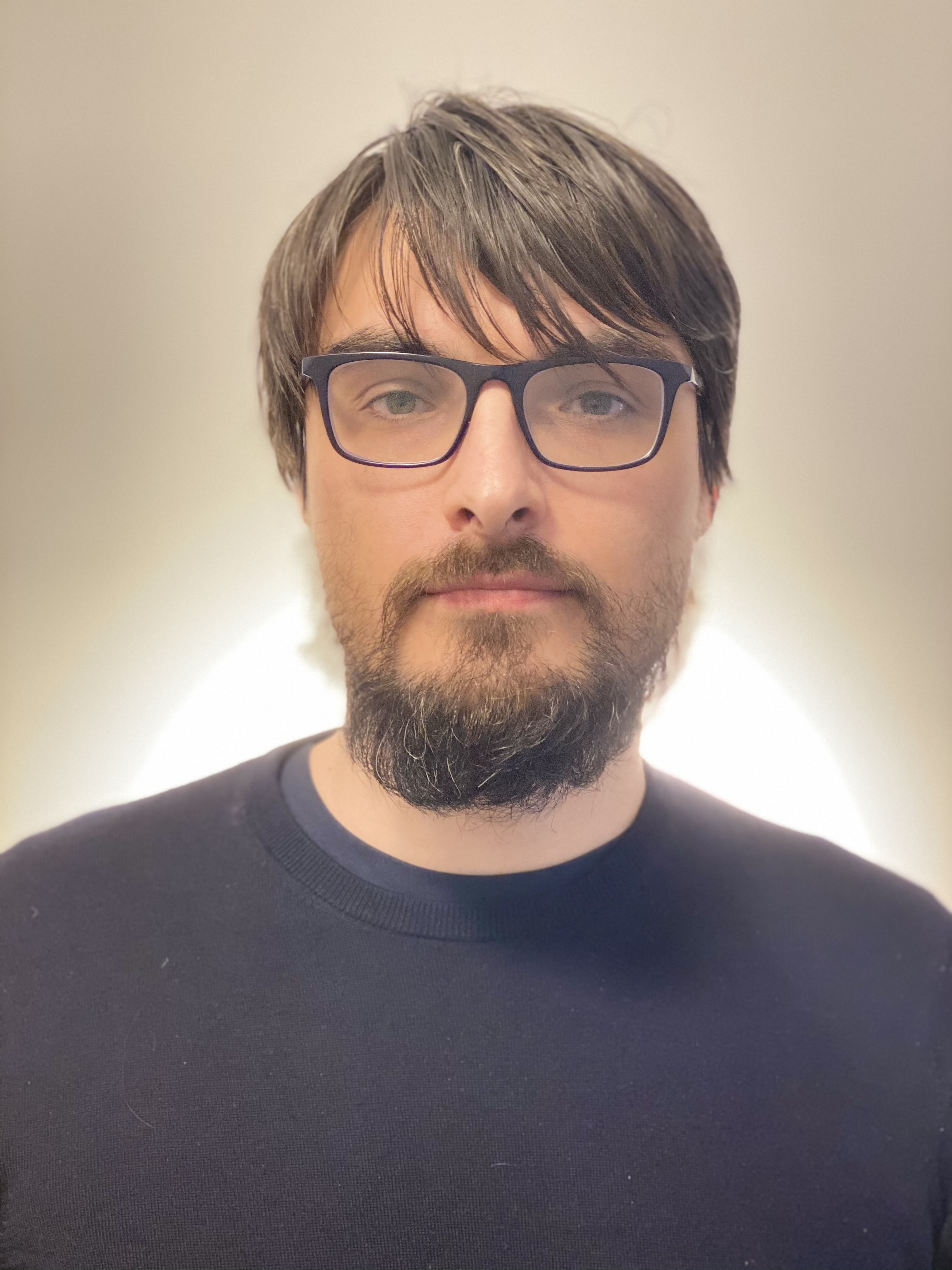Archive 2020
The NA seminars are a series of lectures to showcase and foster state-of-the-art research in the fields of computational sciences and engineering, mathematical modelling, and applied mathematics. These lunch lectures take place on a monthly basis, the dates are announced below. If you want to sign up for the monthly invitation, please send us an e-mail.
During coming semester we are hosting them in an online version.
In Conversation With is the accompanying interview series with the guest speakers.
Graduate students from EEMCS will receive 1 Graduate School credit from the Graduate School for attending 6 seminars from the series.
Upcoming seminars
February 19, 2021
Invited speaker: Alexander Heinlein
Time: 12:30 – 13:30 CET
Fast and Robust Overlapping Schwarz Methods - New Developments and an Efficient Parallel Implementation in Trilinos
https://www.aanmelder.nl/na_seminar_february19_2021
March 19, 2021
Invited speaker: Jennifer Scott
Time: 12:30 – 13:30 CET
https://www.aanmelder.nl/na_seminar_march19_2021
April 16, 2021
Invited speaker: Stefanie Elgeti
Time: 12:30 – 13:30 CET
https://www.aanmelder.nl/na_seminar_april16_2021
Past seminars
September 25, 2020
Invited speaker: Carolina Urzua Torres
Time: 12:30 – 13:30 CET
A new approach to Space-Time Boundary Integral Equations for the Wave Equation
-
Abstract: Space-time discretization methods are becoming increasingly popular, since they allow adaptivity in space and time simultaneously, and can use parallel iterative solution strategies for time-dependent problems. However, in order to exploit these advantages, one needs to have a complete numerical analysis of the corresponding Galerkin methods. Different strategies have been used to derive variational methods for the time domain boundary integral equations for the wave equation. The more established and succesful ones include weak formulations based on the Laplace transform, and also time-space energetic variational formulations. However, their corresponding numerical analyses are still incomplete and present difficulties that are hard to overcome, if possible at all. As an alternative, we pursue a new approach to formulate the boundary integral equations for the wave equation, which aims to provide the missing mathematical analysis for space-time boundary element methods. In this talk, I will give a short introduction to boundary element methods; briefly explain the current formulations for the wave equation; and finally discuss the new approach.
October 23, 2020
Invited speaker: Gianluigi Rozza
Time: 12:30 – 13:30 CET
State of the art and perspectives for reduced order methods in computational fluid dynamics
-
Abstract: We provide the state of the art of Reduced Order Methods (ROM) for parametric Partial Differential Equations (PDEs), and we focus on some perspectives in their current trends and developments, with a special interest in parametric problems arising in offline-online Computational Fluid Dynamics (CFD).
Efficient parametrizations (random inputs, geometry, physics) are very important to be able to properly address an offline-online decoupling of the computational procedures and to allow competitive computational performances. Current ROM developments in CFD include: a better use of stable high fidelity methods, considering also spectral element method and finite volume discretisations, to enhance the quality of the reduced model too, and allowing to incorporate some turbulent patterns and increasing the Reynolds number; more efficient sampling techniques to reduce the number of the basis functions, retained as snapshots, as well as the dimension of online systems; the improvements of the certification of accuracy based on residual based error bounds and of the stability factors, as well as the guarantee of the stability of the approximation with proper space enrichments. For nonlinear systems, also the investigation on bifurcations of parametric solutions are crucial and they may be obtained thanks to a reduced eigenvalue analysis of the linearised operator. All the previous aspects are very important in CFD problems to focus in real time on complex parametric industrial, environmental and biomedical flow problems, or even in a control flow setting. Model flow problems will focus on few benchmark, as well as on simple fluid-structure interaction problems and shape optimisation applied to industrial problems.

November 20, 2020
Invited speaker: Benjamin Marussig
Time: 12:30 – 13:30 CET
Sign up here if you did not receive an e-mail from the DCSE community, but do want to attend
December 18, 2020
Invited speaker: Timo Betcke
Time: 12:30 – 13:30 CET
Kernel based boundary element methods with high-productivity languages
Sign up here if you did not receive an e-mail from the DCSE community, but do want to attend.
-
Abstract: High-Productivity languages such as Python or Julia play an ever more important role in compute intensive applications that traditionally have been the reserve of Fortran or C/C++, massively accelerating code development and deployment. In this talk we discuss the design of the Bempp-cl boundary element library as example how modern Python tools can be used to develop code that is highly scalable on modern CPU/ GPU architectures. In particular, we are demonstrating how design around compute kernels leads to code that scales well on both CPUs and GPUs.

January 15, 2020
Invited speaker: Xavier Claeys
Time: 12:30 – 13:30 CET
Sign up here if you did not receive an e-mail from the DCSE community, but do want to attend.
-
Abstract: The Optimized Schwarz Method (OSM) is a well established domain decomposition (DDM) strategy for solving frequency domain wave propagation problems such as Helmholtz equation. In this method, the wave equation is solved independently in each subdomain imposing impedance conditions at the boundary. Coupling between subdomains is obtained via an exchange operator that swaps traces on each side of each interface. Whenever the subdomain partition does not involve any junction i.e. point where at least three subdomains abut, this strategy can be very e cient provided that the impedance of local subproblems is chosen wisely.
The situation is different when there are junctions and the presence of such points can spoil the convergence of the method, even for common geometric con gurations. The treatment of junctions in OSM has been the subject of many contributions and, although convincing numerical remedies are now available in the case of right-angled junctions, no generic satisfactory approach has been proposed so far. In this talk we will present a new variant of OSM that can accomodate the presence of cross points of any shape. It is based on a modified exchange operator that requires, at each iteration of the linear solver, the computation of an orthogonal projection (in the sense of a well chosen scalar product) on the space of traces that match through interfaces i.e. the discrete Dirichlet single-trace space. The orthogonality of this exchange operator allows to establish a convergence result for our method that is uniform with respect to mesh resolution. Besides a detailed description of this method, we will present numerical result in 2D.
This work was supported by the project NonlocalDD from the French National Research Agency (ANR) through grant ANR-15-CE23-0017-01.
